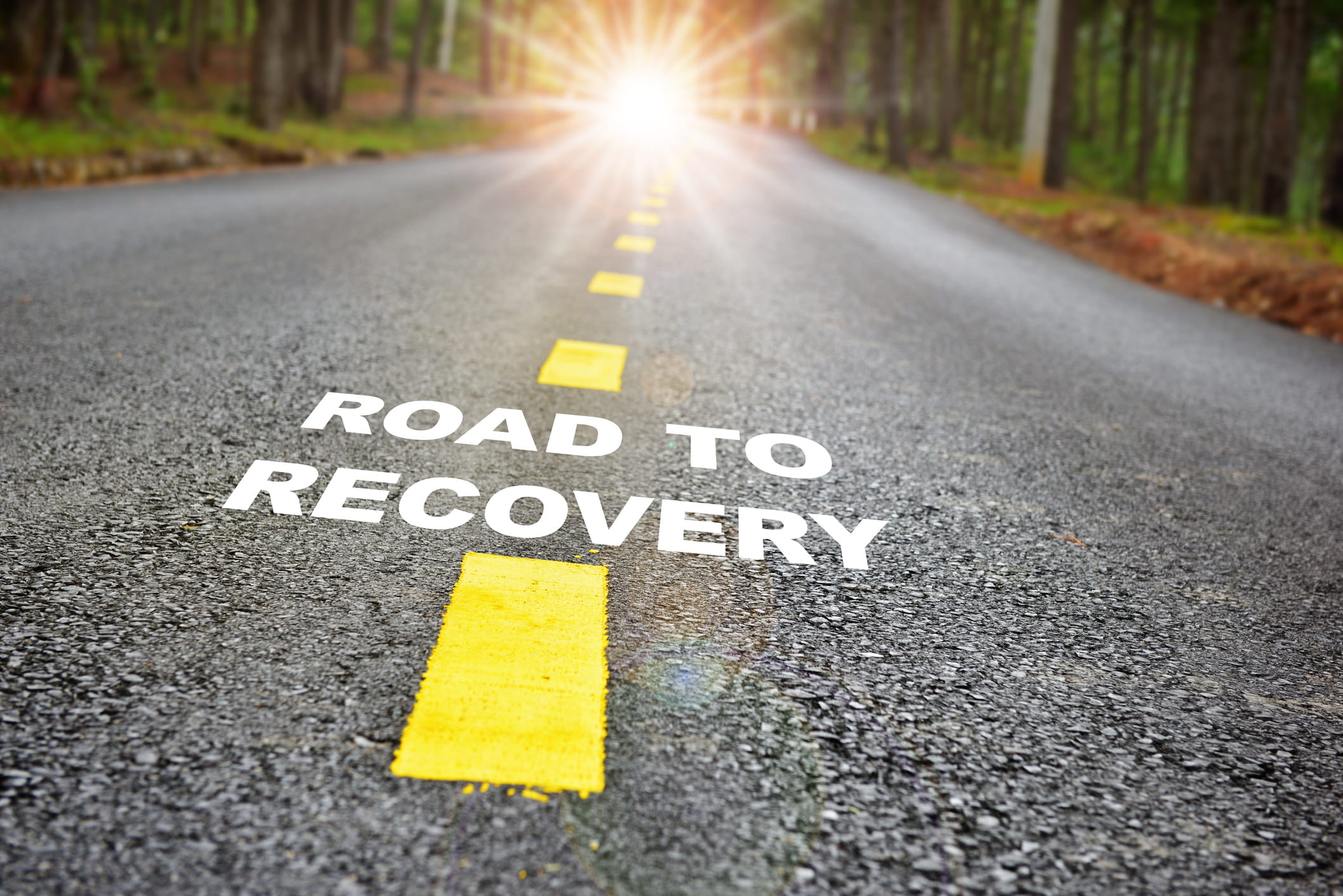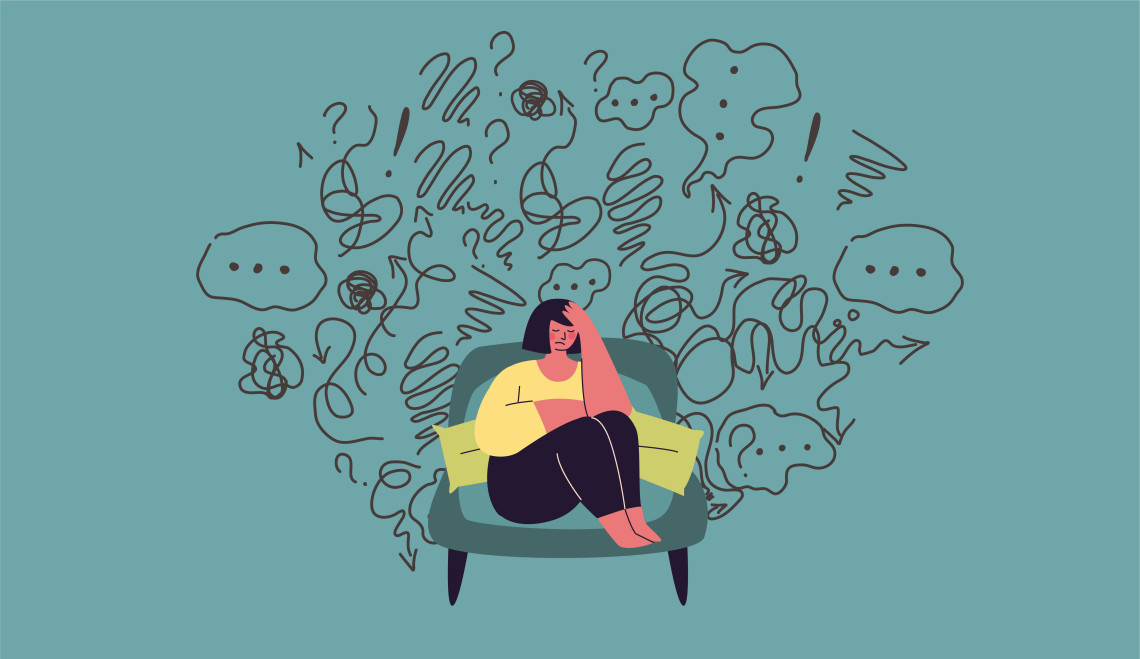9-Breaking Barriers: Positive Shift in Stigma Language India

Stigma Language India is not just a movement—it’s a cultural shift toward humanizing those recovering from addiction. In the vast and diverse society of India, the way we talk about substance use and mental health matters immensely. Language influences perception, and perception dictates treatment, policy, and public support. This article uncovers how stigma language in India is leading a transformation in the addiction recovery space, particularly within the nasha mukti kendra in India.
Changing the Words That Change Lives
Language holds immense power in shaping how society views addiction, recovery, and those who seek help. In India, the term “addict” still carries a deeply negative connotation, reducing individuals to their condition rather than honoring their journey. To combat this, a growing movement centered around stigma language is transforming how addiction is spoken about, especially in recovery spaces like Nasha Mukti Kendra in India. At the forefront of this shift is Prayas Sewa Samiti, whose community-led campaigns are driving nationwide awareness and helping implement “person-first language.”
This article explores how stigma language initiatives are impacting policy, rehabilitation centers, family interactions, and societal perceptions. It highlights seven key strategies that are changing how India talks about addiction.
Understanding the Impact of Stigma Language India
The damage caused by stigmatizing language in India includes:
-
Lower self-esteem among recovering individuals
-
Reluctance to seek treatment
-
Social exclusion
-
Increased mental health issues
Prayas Sewa Samiti has documented these trends in its surveys across various nasha mukti kendra in India, revealing that 65% of recovering individuals reported feeling judged due to the language used by staff, families, or media.
Case Insight: A 2023 study published by a Delhi-based rehab NGO showed that nearly 3 in 5 patients dropped out within the first 14 days due to staff language that felt shaming or impersonal. This trend sharply reversed when training sessions were introduced.
Real-life Testimony: Pooja, a recovering patient from a nasha mukti kendra in Mumbai, shared, “When my counselor called me a survivor and not a junkie, it made me feel human again. That one word helped me continue.”
The Concept of Person

n-First Language
Person-first language emphasizes the individual over the illness. Instead of saying “drug addict,” you say “person with a substance use disorder.” This subtle shift acknowledges the complexity of human identity and promotes empathy.
Stigma language India campaigns stress alternatives like:
-
“Recovery patient” instead of “addict”
-
“Individual in recovery” rather than “drug user”
-
“Alcohol use disorder” replacing “alcoholic”
These changes are slowly making their way into official policy language within various nasha mukti kendras in India.
Psychological Perspective;(stigma language India)
Research by the Indian Association of Clinical Psychologists indicates that individuals labeled with person-first language showed a 25% higher motivation to complete their treatment plans.
Impact in Rural Areas: In semi-urban centers in Uttar Pradesh and Odisha, using person-first language increased attendance in counseling sessions by 38% over a year.
Role of Media in Shaping Stigma Language in India
Television, news, and digital media play a huge role in reinforcing stigma or changing it. When films depict drug users as criminals or hopeless cases, society mimics those attitudes.
Organizations like Prayas Sewa Samiti have launched workshops for journalists and filmmakers on using non-stigmatizing language. Campaigns include:
-
Script audits before release
-
Journalist handbooks on person-first writing
-
Community radio storytelling
As a result, over 200 local media outlets now adopt stigma-sensitive content practices.
Bollywood Example: A recent campaign convinced producers of a popular Hindi web series to replace outdated terms with modern, recovery-oriented language, reaching 5 million viewers across India.
Youth Engagement: Prayas Sewa Samiti’s “Reframe Words, Rebuild Lives” campaign hosted short film contests in 20 colleges where students promoted respectful language around recovery.
Educating Families and Community Workers at Nasha Mukti Kendra in India
In many nasha mukti kendras in India, the language used by families can either support recovery or cause relapse. Training sessions by Prayas Sewa Samiti teach family members to:
-
Use respectful, encouraging language
-
Avoid blaming or guilt-inducing statements
-
Validate the person’s progress, not just results
This shift improves trust, reduces emotional trauma, and promotes sustained healing.
Key example: In a Dehradun-based nasha mukti kendra, implementing language training reduced family-patient conflicts by 47% over 6 months.
Expanded Impact: More than 1200 families have undergone language training through mobile workshops and community centers run by Prayas Sewa Samiti since 2021.
Long-Term Benefit: Trained families showed higher post-rehab retention in recovery by up to 30% over two years.
Government and NGO Collaboration for Policy Change
The Stigma Language India movement is increasingly entering policy spaces. Collaborations between NGOs and ministries are working to:
-
Change language in official rehab documents
-
Update the training manuals used in the government-supported Nasha Mukti Kendra in India
-
Implement anti-stigma modules in college curricula
Prayas Sewa Samiti contributed to the 2024 draft of the National Drug Rehabilitation Protocol, advocating for completely removing derogatory terms from government publications.
Statistics Speak: According to the Ministry of Social Justice data, over 600 public-sector centers adopted new language guidelines following this collaboration.
Grassroots Policy Change: Local governments in Rajasthan and Kerala have begun funding community education materials in local languages using person-first language templates.
Social Media Campaigns and Influencer Outreach
The modern face of stigma language in India is highly digital. Campaigns like #WordsMatterIndia and #RespectRecovery have gained thousands of followers. These efforts include:
-
Real stories of recovery shared by users
-
Influencer-led reels explaining person-first language
-
Memes and infographics with side-by-side word comparisons
Prayas Sewa Samiti has trained over 500 social media volunteers to create viral content promoting respectful language.
Digital Milestone: The hashtag #WordsMatterIndia reached over 2 million impressions during National Recovery Week in 2023.
Inclusive Tools: A new chatbot tool developed by students in partnership with Prayas provides on-the-spot word replacements for recovery counselors.
Results and Long-Term Impact of Stigma Language India Campaigns
The combined effect of these efforts is already measurable:
-
40% more people seeking help at the nasha mukti kendra in India say language feels more welcoming
-
75% of trained rehab staff report increased empathy after attending stigma reduction workshops
-
Dropout rates from recovery programs have fallen by 22% in centers that adopted person-first communication
Prayas Sewa Samiti plans to scale this model nationally, incorporating rural outreach via WhatsApp and school-based workshops.
Broader Impact Forecast: Projections suggest a 30% reduction in treatment abandonment rates nationally if language reforms are implemented in 80% of rehab centers by 2027.

Challenges Still Ahead
Despite progress, the language Indian movement still faces hurdles:
-
Deep-rooted cultural beliefs equating addiction with failure
-
Lack of trained language-sensitive professionals
-
Funding gaps for education campaigns
However, by anchoring efforts in compassion and evidence, the movement is set to redefine public discourse around addiction.
Collaborative Vision:
Future initiatives include partnerships between Prayas Sewa Samiti, educational boards, and regional governments to institutionalize respectful language from schools to social services.
Conclusion: Language as the First Step Toward Recovery
Stigma language India campaigns remind us that healing begins not just with medication or therapy, but with words. The words we choose can build bridges or walls. With the continued efforts of Nasha Mukti Kendra in India and pioneers like Prayas Sewa Samiti, India is on the path to a more empathetic, inclusive addiction recovery model.
